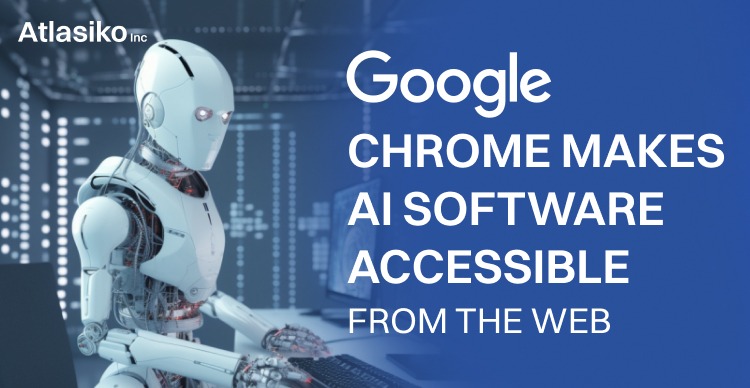Today's Google I/O event is anticipated to give us many AI updates. Among them is the company’s plan to bring AI processing directly to web apps with its WebGPU technology, now being built into the Chrome browser. This move is a response to the increasing use of AI in apps, from creative tools to health apps, and the growing demand for local processing to sidestep network problems and maintain data privacy. WebGPU will allow web apps to gain access to AI processing directly, without the need for enormous data centers, making the web more receptive to AI. Google plans to demonstrate the technology during the conference by showcasing a web app running Stability AI's Stable Diffusion software as an example.
This move is important for Google to keep up with the pace of AI competition that started after the breakthrough of OpenAI’s ChatGPT. In comparison with its rivals, Google recently has been falling behind in the race, so new updates might help the tech giant to gain leading positions.
WebGPU was first developed by Google and others several years ago, revolutionizing video game hardware on the web and allowing web apps to tap into the raw power of graphics processing units (GPUs). The computing industry soon realized that GPUs were also adept at accelerating AI. While AI software can already run natively on devices, running it locally on a web app will allow developers to take advantage of the versatility of the web platform.
Another programming change emerging from Google I/O is the expansion of WebAssembly (Wasm), a web technology that promises to speed up web apps. Wasm allows programmers to translate native software to run within web browsers, powering the web version of software. Google plans to announce at the conference that developers can now convert apps written in the Kotlin language to Wasm, making it easier for Android developers to reach new users on other platforms.
Summing up, this AI update for web browsers will bring advantages for distributing artificial intelligence technology and making it more accessible. Google doesn’t want to lag behind its major AI competitors such as Microsoft and OpenAI, so the company makes lots of efforts to present more and more solutions to seize the initiative.
For instance, just a few days before the corporation announced interesting AI-powered updates to the Google search engine.
Last month they unveiled new features to their AI chatbot Bard which now is able to assist in writing and debugging code.
Overall, we can see just how much work Google now puts into the development of artificial intelligence. Even though their former engineer, who’s considered to be AI’s godfather, expressed regrets about bringing the technology this far, it seems Google won’t stop in its aspiration to become #1 in the competition.







